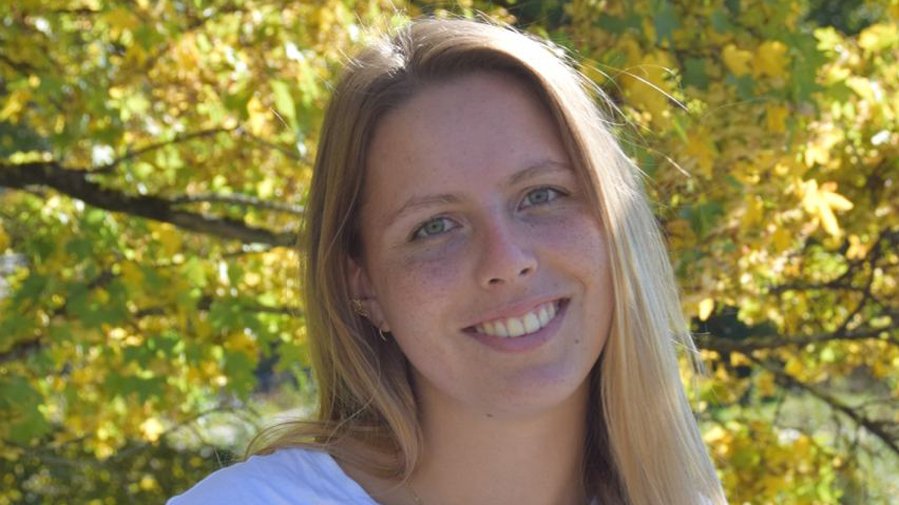An environmental lifeguide for everyday life in Munich
"Feel your own weight"

Lisa Thuro, you are a student of Environmental Engineering at TUM, and you helped to compile the environmental lifeguide ("Umwelt-Lifeguide"). What was your biggest "aha-moment" while working on the environmental lifeguide?
Lisa Thuro: The realization how far-reaching the topic is. Most people already have areas in which they live sustainably, but there are always topics that you don't really know much about. For me, that was the topic of insurance and finance. I simply hadn't addressed that topic before. It was really exciting to hear how much impact you can have as an individual.
What was the trigger for the guidebook?
Students repeatedly asked us: "Don't you have specific ideas or a guide on how I could start making my life more sustainable." Then, with the Corona pandemic, it just seemed the thing to do… to collaborate in small online working groups to figure out the structure and design, to define what we wanted to get across – and how. It's incredibly important to be able to provide something tangible, to save people from having to work their way into the topic on their own. The students are provided with a source of additional information, allowing them to get started immediately.
Commitment, finances, internet, energy, nutrition, mobility, consumption, waste, household… the guidebook contains a city map with addresses focusing on these nine areas of life, with further guidelines, recipes, links ... How did you select the chapters?
We were strongly guided by the CO2 calculator of the Federal Environment Agency, which allows you to assess what changes have what effects. For example, I started eating a vegan diet a year ago, motivated by friends. Now, when I compare "my" current CO2 footprint with that from a year ago, I can see that what I changed really has an impact.
The guidebook says that you want to give the students "a sense of their own weight," of their own footprint.
Yes, you often get the feeling that you can't do much as an individual anyway. We want to get across what is important, what you can start off with, and what will lead to significant changes – and the students don't have to read through a lot of literature and small print, as they might otherwise at the university. The contents and the general scope are supposed to be easily understandable, allowing you to keep the suggestions and numbers in your mind.
What are your own guidelines that you use to navigate your sustainable life?
It is important to consume less animal-based foods. Most people are aware of the fact that a growing world population cannot permanently rely on animal products, as they use up so many resources. Apart from that, generally, it is important to go back to basic. For example, we have a gardening project at the university in which we develop irrigation systems, and I have started sowing plants – in cartons of vegan drinks.
The core project of the TUM's environmental student representation ("Umweltreferat") is the environmental lecture series, the "Ringvorlesung Umwelt". In the next semester, the topic will be sustainable world travel and what can we learn from others ("Nachhaltige Weltreise – was können wir von anderen lernen?"). Which topics are you particularly excited about?
That's hard to say. There are so many different topics: from small farms in India to the decrease in forest area in Tanzania, to a report on an expedition to the Arctic… There is a completely new concept – and all the lectures will be in English, covering all parts of the world. This way, we are hoping to get across creative strategies for dealing with the environmental and climate crisis, to give everyone a bit of inspiration.
(Interview: Barbara Link)
At school, Lisa Thuro (23) would have wanted more interdisciplinary discussions on social issues in the natural science subjects. The Umweltreferat offers a possibility to make up for that, she says – and to raise awareness for the topic of sustainability. In the summer semester 2021, the Ringvorlesung Umwelt, a lecture series on environmental topics, will start (online) on April 13 and 14, focusing on the topic of innovative solutions regarding the climate crisis on a local and on a global level.
More information:
Umwelt-Lifeguide München
TUM Ringvorlesung Umwelt